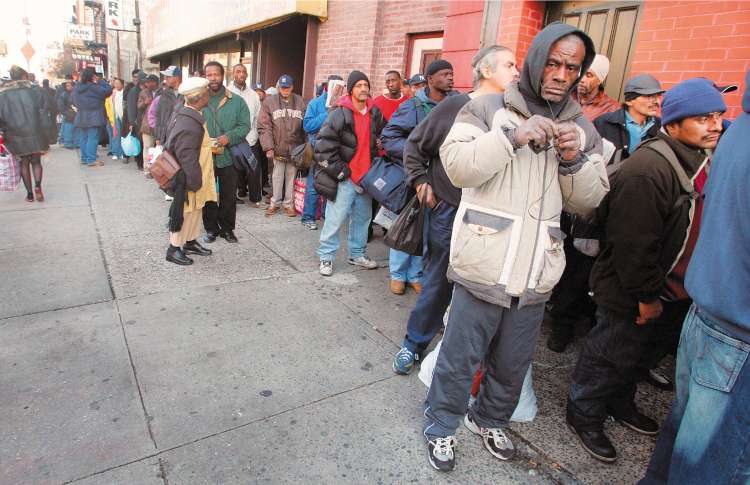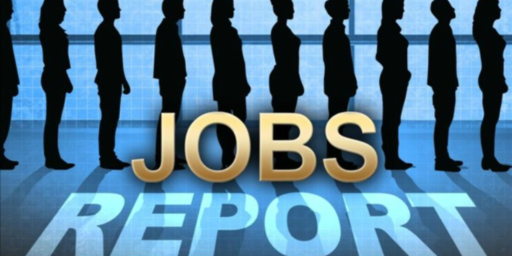FDR VS. HOOVER
David Bernstein asks an interesting question over at Volokh Conspiracy:
Why is Hoover infamous for presiding over four years of Depression, not terribly uncommon in American history, while Roosevelt is much-beloved for presiding over an unprecedented two more presidential terms of Depression, while much of the rest of the world economy was recovering? Of course, Roosevelt tried to blame the nation’s economic travails on the obstinacy of the Supreme Court, but, even if we accept the highly questionable notion that the NIRA, etc., would have pulled the U.S. out of the Depression, shouldn’t Roosevelt still take the blame for choosing as his means to combat the Depresssion balatantly unconstitutional legislation that the Court was obligated to invalidate (9-0, with liberals Stone, Brandeis, and Cardozo in the 9)?
Matt Yglesias looks up the data and finds it just ain’t so:
Turns out that while the economy didn’t re-obtain its pre-Hoover size until the war was under way, economic growth resumed almost immediately after FDR took office, and continued apace (at least looking at the annual figures, quarterlies may have more hiccups) pretty consistently throughout his time in office.
Matt has a chart and everything. He also cites five substantial political factors that provide further explanation for FDR’s popularity during this period.
I agree with David that many of the New Deal policies were indeed unconstitutional, at least according to the role the Founders envisioned for the central government. But Roosevelt was perceived as taking bold, decisive action and, in desperate times, that’s what the people expect.
I have long argued that presidents get far too much credit for economic growth and blame for bad times. But presidents can also hurt their own cause by attitude. Hoover was perceived, rightly or wrongly, as having a “let them eat cake” approach to economic recovery. Likewise, Bush 41 was punished in 1992 for a bad economy–even though it was in major recovery mode by election time–because he couldn’t convey sufficiently that he “cared.” Bill Clinton’s “I feel your pain line,” which many of us have lampooned for a decade now, served him well. For his part, Bush 43 seems to have learned from Dad’s mistake and is in a frenzy to “do something” to get the economy jump started. If the timing is right, he’ll get credit for the recovery. If not, he may still get enough points for trying to get reelected.




